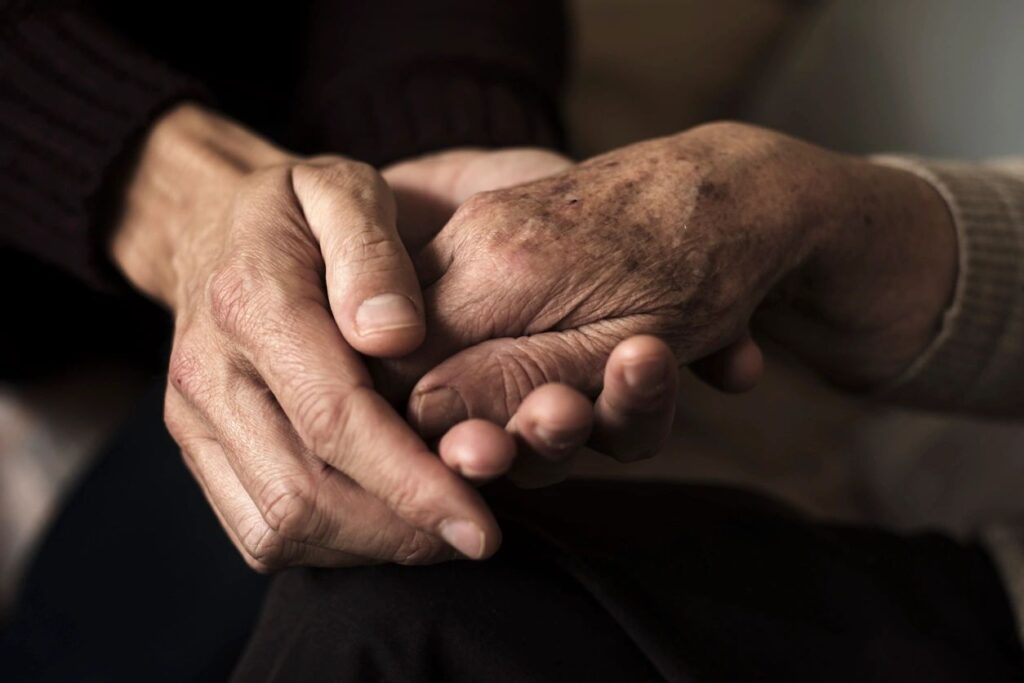Hi there, I’m glad you’re here. If you’re reading this, you might be wondering if it’s time to consider hospice care for a loved one. Signs It’s Time to Call Hospice can help guide you through this challenging decision. Hospice care focuses on comfort and support during the final stages of a serious illness. It’s not always easy to know when it’s time, but recognizing the signs can help you make the best decision.

1. Frequent Hospitalizations or Emergency Room Visits
Is your loved one frequently in the hospital or emergency room? This could mean their condition is getting worse. Hospice care can offer more comfortable and consistent care at home or in a facility, reducing the need for emergency visits.
2. Rapid Decline in Health
If you’ve noticed a rapid decline in your loved one’s health, it might be time to call hospice. This can include physical deterioration, loss of mobility, or difficulty performing basic tasks. Hospice care focuses on comfort and quality of life during these times.
3. Uncontrolled Pain or Symptoms
Managing pain and symptoms can be tough as an illness progresses. Hospice care specializes in pain relief and symptom management, ensuring your loved one remains as comfortable as possible.
4. Difficulty with Daily Activities
When daily activities like bathing, dressing, or eating become challenging, hospice can help. Hospice care provides assistance with these tasks, helping your loved one maintain dignity and comfort.
5. Significant Weight Loss or Malnutrition
Unexplained weight loss or a lack of appetite might mean the body is shutting down. Hospice care addresses nutritional needs and ensures your loved one receives the care and support they need.
6. Increased Need for Medical Equipment and Support
Does your loved one need more medical equipment, like oxygen or a hospital bed? This could be a sign of advanced illness. Hospice care provides and manages necessary equipment to meet all needs.
7. Emotional and Spiritual Distress
Terminal illness can cause emotional and spiritual distress. Hospice care includes emotional and spiritual support for both the patient and their family, helping everyone cope with the challenges they face.
8. Caregiver Stress and Burnout
Caregiving is demanding and can lead to burnout. Hospice care offers respite and support for caregivers, ensuring they get the help they need to continue providing care without becoming overwhelmed.
9. Limited Life Expectancy
When a doctor estimates a life expectancy of six months or less, it might be time to call hospice. Hospice care focuses on comfort and quality of life, helping patients make the most of their remaining time.
10. Desire for Quality of Life Over Curative Treatment
Choosing comfort care over curative treatment is a personal decision. Hospice care prioritizes comfort and quality of life, providing relief from symptoms and support for the entire family.
Additional Content
| Sign | Description |
| Frequent Hospitalizations | Repeated hospital visits indicate declining health. |
| Rapid Decline in Health | Rapid health deterioration. |
| Uncontrolled Pain | Effective pain management and hospice’s role. |
| Difficulty with Daily Activities | Assistance with daily tasks. |
| Significant Weight Loss | Weight loss in terminal illnesses. |
| Increased Need for Medical Equipment | Advanced illness indicators. |
| Emotional and Spiritual Distress | Impact on emotional and spiritual well-being. |
| Caregiver Stress | Signs of caregiver burnout. |
| Limited Life Expectancy | Understanding prognoses. |
| Quality of Life | Shift to comfort care. |
FAQs
- **Q: What is hospice care?**
A: Hospice care is a type of end-of-life care that focuses on comfort and quality of life rather than curative treatments.
- **Q: Who is eligible for hospice care?**
A: Individuals with a terminal illness and a life expectancy of six months or less, as determined by a physician, are eligible for hospice care.
- **Q: Can hospice care be provided at home?**
A: Yes, hospice care can be provided at home, in a hospice facility, or in a hospital.
- **Q: What services does hospice care include?**
A: Hospice care includes medical care, pain management, emotional and spiritual support, and assistance with daily activities.
- **Q: How does hospice support caregivers?**
A: Hospice provides respite care, counseling, and resources to help caregivers manage stress and burnout.
Recognizing the signs it’s time to call hospice can be tough, but it’s important to ensure the best possible care for your loved one. If you notice any of these signs, consider reaching out to a hospice provider for a consultation. They can offer the support and care needed to maintain comfort and dignity during this difficult time.



